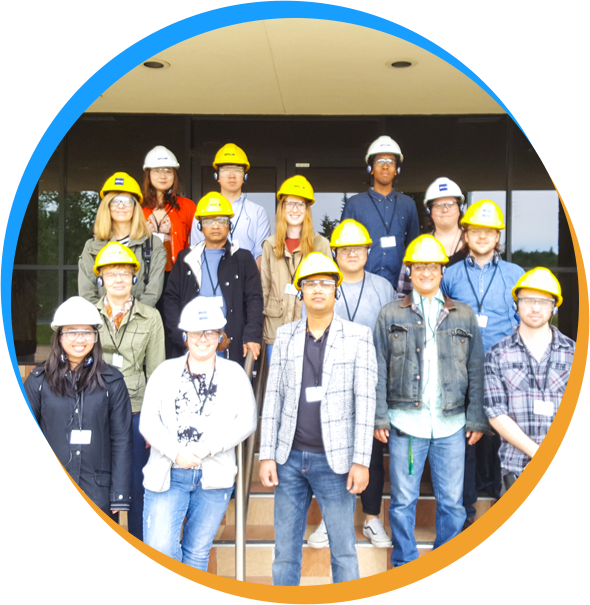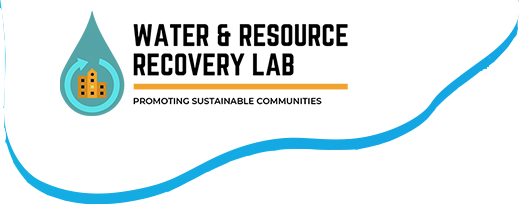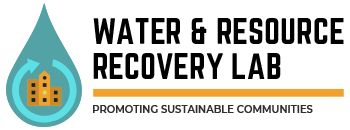
About Us
We are a team of researchers and interested parties led through the School of Public Health at the University of Alberta. Our project focuses on developing a framework for water and resource recovery in Canada.
This project aims to understand emerging science issues and use social engagement to identify what is technically possible and socially acceptable for water and resource recovery. The goal is to develop a road map for implementing water reuse projects in Canada. The project has received grant funding from the Canadian Institutes of Health Research and is further supported through Alberta Innovates.
Our team is led by Dr. Nicholas Ashbolt, an environmental microbiologist with extensive international experience with water reuse, and a professor in the School of Public Health. Water and resource recovery involves science, engineering, society, regulations, the environment, and the economy. Therefore, our team has expertise in microbiology, risk assessment, community engagement, engineering, and policy development.
Project Overview

Our project focuses on the reuse of community wastewater recovered from various sources, such as toilets (blackwater) and showers, sinks and washing machines (greywater), as well as the use of harvested stormwater and rainwater.
 These alternative water sources can be treated to be fit-for-purpose and used for various non-drinking uses, such as toilet flushing, clothes washing, and irrigation. However, when considering water and resource recovery from an economic perspective, it is important to consider all infrastructure providing water services to a community so as to address human and environmental health, as well as the economy. In particular, wastewater contains embedded energy (heat and organics) that exceeds the total energy used to treat and pump our traditional drinking and wastewaters. Capturing energy (e.g., biogas and thermal heat) that can be used for district heating and nutrients (e.g. nitrogen and phosphorus) for use as fertilizer to sustain our food production are as important to consider as maintaining urban water within the built environment to preserve ecological services in our traditional source water. Most important for a project’s success, however, is acceptance within the community it serves.
These alternative water sources can be treated to be fit-for-purpose and used for various non-drinking uses, such as toilet flushing, clothes washing, and irrigation. However, when considering water and resource recovery from an economic perspective, it is important to consider all infrastructure providing water services to a community so as to address human and environmental health, as well as the economy. In particular, wastewater contains embedded energy (heat and organics) that exceeds the total energy used to treat and pump our traditional drinking and wastewaters. Capturing energy (e.g., biogas and thermal heat) that can be used for district heating and nutrients (e.g. nitrogen and phosphorus) for use as fertilizer to sustain our food production are as important to consider as maintaining urban water within the built environment to preserve ecological services in our traditional source water. Most important for a project’s success, however, is acceptance within the community it serves.
Therefore, our project is designed to develop a national road map for water and resource recovery in Canada by utilizing the experiences of various regions, including Australia, Scandinavia and the USA, where our team members have ongoing collaboration in developing guidelines and system analyses for water reuse. Our project also involves engagement with industry, government, academia, and local communities across Canada.
Our research is focused on five areas:
- Engagement with stakeholders to understand what is socially acceptable for water and resource recovery;
- Understanding emerging science issues to address what is technically possible for water and resource recovery;
- Collaborations to improve upon recovering energy, nutrients and other resources from wastewater;
- Establishing guidelines for safe water reuse through co-development of international best practices; and
- Developing a framework for implementing water reuse and resource recovery in Canada.


